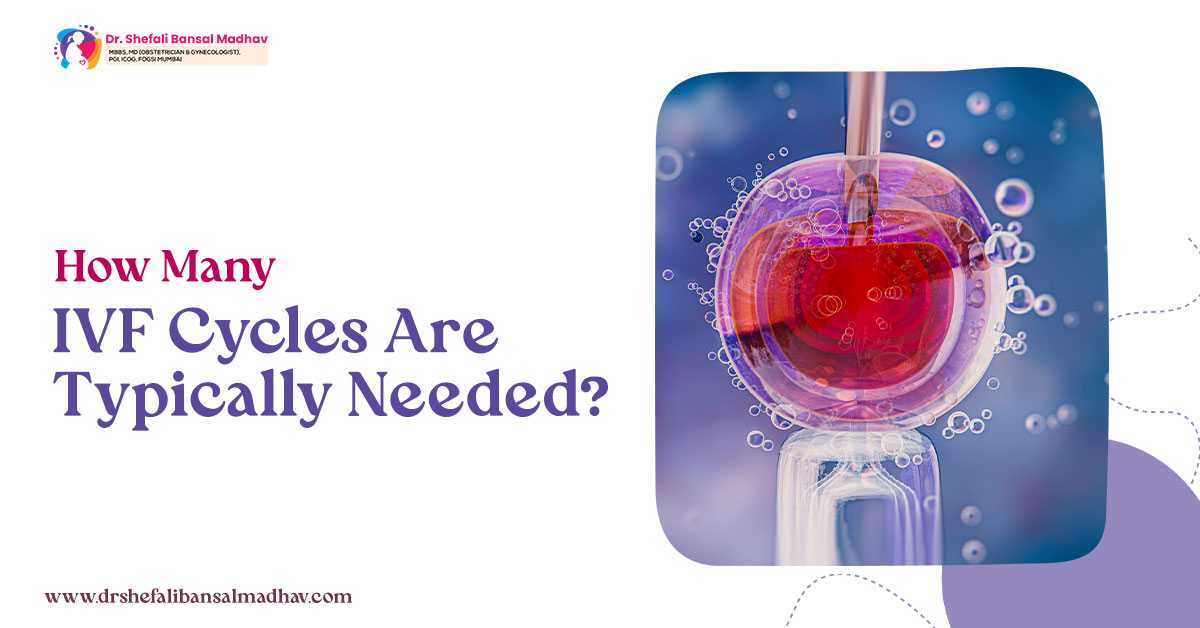Infertility is often thought to be only a woman’s problem, but in reality, male infertility plays a role in 40–50% of cases. Many men don’t realize they could be part of the issue because there are many myths that confuse the facts. Male infertility happens for many reasons, including low sperm count, poor sperm movement, or blockages that stop sperm from reaching the egg. Seeing an IVF specialist in Siliguri and understanding the truth can help men get the right treatment. In this guide, common myths about male infertility will be cleared up, real facts will be shared, and simple natural tips to improve fertility will be given. This helps men take control of their health and increase their chances of becoming a dad.
Myth 1: Infertility Is Only a Woman’s Problem
A common misconception is that infertility mostly affects women. In reality, men contribute to nearly half of all infertility cases. Factors such as low sperm count, poor sperm motility, abnormal sperm shape, and hormonal imbalances can affect fertility.
Couples should approach infertility as a shared challenge, rather than assuming the issue is with the woman alone. This helps reduce unnecessary stress and encourages both partners to seek evaluation and treatment together.
Myth 2: Healthy Lifestyle Guarantees Fertility
Eating well, exercising, and avoiding smoking or alcohol are important, but a healthy lifestyle alone cannot guarantee fertility. Medical conditions, genetic factors, infections, or environmental exposures can still impact sperm quality.
However, living a healthy lifestyle supports sperm health and improves overall reproductive function, which can enhance your chances of conception.
Myth 3: Infertile Men Can’t Have Children Naturally
Many believe that male infertility means natural conception is impossible. This is not true. Men with low sperm count or mild fertility issues may still father children naturally.
When natural conception is difficult, assisted reproductive techniques such as IVF (In Vitro Fertilization) and ICSI (Intracytoplasmic Sperm Injection) can help couples achieve successful pregnancies.
Myth 4: Age Doesn’t Affect Male Fertility
It’s often thought that men can father children at any age. While men remain fertile longer than women, sperm quality declines over time, which can affect fertility and increase the risk of genetic issues.
Men over 40 may experience lower sperm motility, decreased semen volume, and increased DNA fragmentation, which can impact the chances of conception and the health of the child.
Myth 5: Frequent Ejaculation Reduces Fertility
Some think that having sex often or ejaculating frequently reduces sperm count. The truth is regular ejaculation doesn’t harm fertility. In fact, short-term ejaculation can improve sperm quality because older sperm are replaced with newer, healthier sperm.
Overall sperm health is far more important than how often you ejaculate.
Myth 6: Male Infertility Is Always Obvious
Infertility in men often has no visible signs. A man may look and feel healthy but still have low sperm count or poor sperm quality.
Routine fertility tests, such as semen analysis, hormonal tests, and physical examinations, are essential to detect problems early and prevent delays in treatment.
Myth 7: Stress Is the Main Cause of Male Infertility
Stress can affect sexual health and hormone levels, but it rarely causes infertility on its own. Chronic fertility issues are usually linked to medical conditions like hormonal imbalances, varicocele, infections, or genetic factors.
Managing stress is important for overall health and well-being, but it cannot solve infertility by itself.
Myth 8: Only Surgery Can Fix Male Infertility
Not every fertility issue requires surgery. Many cases can be treated with medications, lifestyle changes, or assisted reproductive techniques like IVF or ICSI. Surgery is typically needed only for specific problems, such as varicocele repair or blockage in the reproductive tract.
Consulting an IVF specialist in Siliguri will help you understand the least invasive, most effective treatment options for your situation.
Myth 9: Infertility Means Something Is Wrong With You
Male infertility is a medical condition, not a reflection of masculinity or personal failure. Feeling guilty or ashamed is common, but it’s important to understand that infertility affects many couples and can often be treated successfully.
Being open to evaluation and treatment is a positive and responsible step, not a sign of weakness.
Myth 10: Only Older Men Face Fertility Issues
While fertility naturally declines with age, younger men can also experience infertility due to medical conditions, lifestyle choices, or genetic issues. Early testing and treatment can help detect and address problems before they become more serious.
Myth 11: Once Infertile, Always Infertile
-
Correcting infections or hormonal imbalances
-
Adopting a healthy diet, exercising, and quitting smoking
-
Using assisted reproductive techniques such as IVF or ICSI







